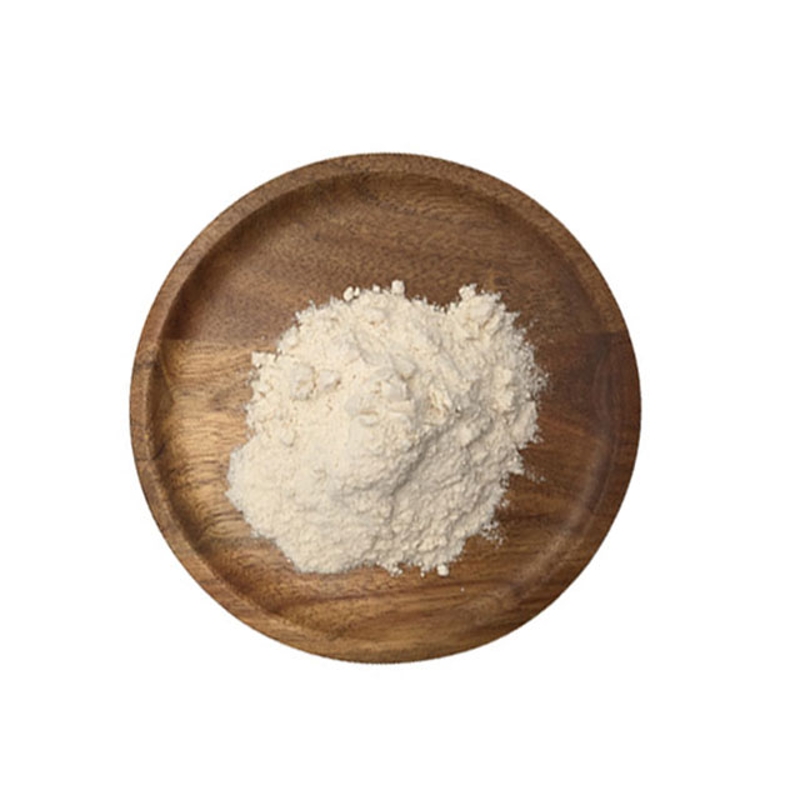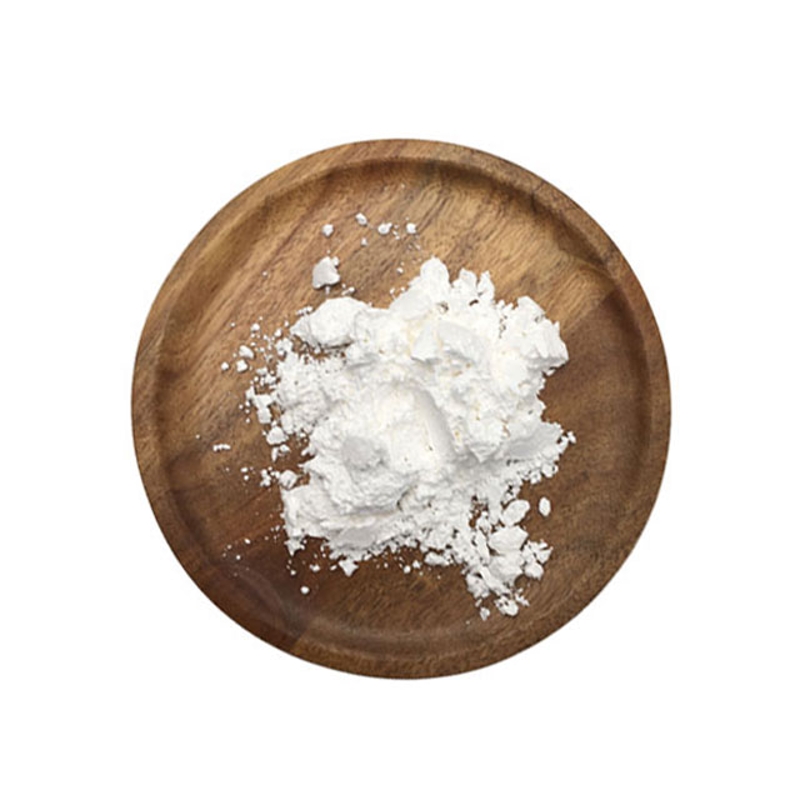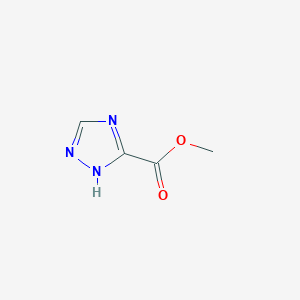-
Categories
-
Pharmaceutical Intermediates
-
Active Pharmaceutical Ingredients
-
Food Additives
- Industrial Coatings
- Agrochemicals
- Dyes and Pigments
- Surfactant
- Flavors and Fragrances
- Chemical Reagents
- Catalyst and Auxiliary
- Natural Products
- Inorganic Chemistry
-
Organic Chemistry
-
Biochemical Engineering
- Analytical Chemistry
- Cosmetic Ingredient
-
Pharmaceutical Intermediates
Promotion
ECHEMI Mall
Wholesale
Weekly Price
Exhibition
News
-
Trade Service
"China is no longer an emerging market, it is a strategic market. For companies in any country, China's strategic priorities must not be taken into account. "A significant number of investors are from China behind the NASDAQ-listed companies, and if you invest in them, it's like investing in two markets, with both domestic and international resources," Werner Cautreels, chief executive of Selecta Biosciences, said at the 2017 Healthcare Capital Summit.
Werner Cautreels's statement partly describes the current path and vision of medical investment funds and companies: Big Health has become a hot investment area year by year, on the one hand, China's huge market can not be ignored, more and more international capital dedicated medical investment funds, increase the favor and investment of the Chinese market, cooperation with local enterprises more diversified;
china's domestic medical investment after ten years of development, by 2016 China's health care industry has developed into a market of nearly 4 trillion yuan.
979 investment cases in biotechnology/medical health in China from January 1, 2016 to June 28, 2017, with a total investment of US$12,388.74 million and an average investment of US$14.68 million, according to a statistic presented to 21st Century Economic Reporters by the Institute of Science and Technology.
according to the Outline of the "Healthy China 2030" issued by the State Council on October 25, 2016, the health service sector will exceed 8 trillion yuan by 2020 and 16 trillion yuan by 2030. And from the current size of about three or four trillion, the cake is still very large."no bubbles to break
refers to this year's hot biopharmaceutical sector.
In recent years, there has been a key word almost every year in the field of medical investment, 2015 "Internet health care", 2016 "genetic testing" to 2017 "new drug research and development", is not the coming of the wind, there is no bubble, the blue and red sea of the debate around these keywords.
biopharmaceuticals are almost considered by the industry to be an "no bubble to break" sector.
2017 was a record year for venture capital in the biopharmaceutical sector," said David Sabow, head of life sciences, client funds and products at Silicon Valley Bank. At present, the U.S. financing environment in the biopharmaceutical industry is very healthy, of which oncology is the most important area of investor concern.
biopharmaceutical-led U.S. healthcare industry venture capital will exceed $6 billion for the full year 2017, according to Silicon Valley Bank's First Half 2017 Healthcare Investment and Exit Trends Report; Investors have shown strong interest in immuno-oncology: over the past 18 months, a third of round A's total funding has been invested in this segment, raising $1.3bn and trading a median of $30m, meaning large venture capital groups made up of institutional investors have invested in emerging immuno-oncology start-ups.
growth start-ups are also getting more attention around the world.
" immunity is growing rapidly, with adaptations including rheumatoid arthritis, multiple sclerosis, and so on. Tumors have made great progress in recent years, and immune metabolism will have great development mass in the future. Sam William, chief executive of ISTESso, a NEW drug research and development company from the UK, said at the 2017 China-UK Healthcare Investment Forum that its first innovative drug, MBS2320, would enter Phase II clinical and sign an option and licensing agreement with Johnson and Johnson for a total of £176m.
on the development of China's healthcare industry, David Sabow said, "China is not just a global healthcare market, but has begun to act as a driver of innovation." This trend is making a huge difference to the industry as a whole. Over the past period, we have seen the amount of overseas capital invested in Chinese companies double. Overseas capital is increasingly interested in the Chinese market, and Chinese companies are looking for high-quality international resources to connect. In
, China is in the same investment trend as Europe and the United States.
"China's healthcare industry is growing rapidly, and like the U.S. market, the biopharmaceutical industry is the most capital-friendly, and China's financing and development in oncology is a first-rate one," said He Dingtian, vice president of Pufa Silicon Valley Bank and general manager of corporate banking.
In September 2017, St. Stuart Capital announced the launch of its first dedicated China Healthcare Fund, with a total value of US$250 million, focusing on four major areas, including new drug research and development, medical services, medical information/Internet healthcare, and medical devices, 40% of which will be invested in new drug research and development. "The timing of Stosta's launch of this fund is strategically based on the long-term development of China's pharmaceutical industry, coupled with the policy direction of the past two years in the interest of the listing of innovative drugs, " Lin Wei, a partner at St. Stosta Capital In an interview with 21st Century Economics, said. " cross-flow of capital
domestic capital will also look overseas, Chinese pharmaceutical companies frequently go out to sea mergers and acquisitions, and constantly set a new record amount.
in early 2016, Sanno Bio completed its $273 million acquisition of trividia Health Inc., a medical device company, and Humane Pharmaceuticals acquired Epic Pharma for $529 million. LLC's 100 per cent stake; Greenlee Healthcare Group's $688 million acquisition of Health Care, Australia's third-largest private hospital group; New Hope Group's wholly owned acquisition of Australian healthcare company Australia NaturalCare in August 2016; and Shanghai Pharma's announcement in October 2016 that It had jointly invested approximately RMB1,565 million in Vitaco.
May 24, 2017, private equity firm Goa Capital announced that it would acquire a stake in the Australian sovereign fund Queensland Investment Corporation and Goldman Sachs Group Inc. in an acquisition agreement with Icon Group Australia.
September 18, 2017, Fosun Pharma announced that it intends to pay no more than $1,091.3 million for a approximately 74% stake in Indian pharmaceutical company Gland Pharma, including a $25 million or ad/shedding that the acquirer will pay under Theo Heparin's U.S. listing and sale.
"We will domestic funds and foreign technology projects docking, and then introduced to the domestic landing." Chen Zhaoxuan, president of Oxford University's Centre for Science and Technology Innovation, told 21st Century Economics that his agency, which is affiliated with Oxford University, is fully responsible for managing technology transfer and academic consulting at Oxford University and advises clients around the world on technology transfer. By
with research transformation and investment institutions such as Oxford University's Centre for Science and Technology Innovation and the UK IP Group, PwC capital has invested in foreign projects such as Creavo, the UK's innovative magneto-magnetic technology. "The two sides have built a bridge of cooperation around the transformation and transfer of high-tech projects. PwW has selected the first high-tech projects in the healthcare sector and has plans to enter the Chinese market. Shen Qinhua, general manager of PwC Capital, added.
China's transformation from a generics market to a global center for biotechnology innovation has also had an impact on the global biotechnology industry, with more and more capital focused on local Chinese companies, accelerating capital inflows and increasingly diverse ways of working together.
August 2, 2017, Australia's Jet Belling CSL officially announced that it had completed a joint venture with Renfu Pharmaceuticals to acquire an 80% stake in Wuhan Zhongyuan Reed for $352 million. "We've always wanted to find the best partner to enter the Chinese market, to really bring more products to China, and we need local production support," Paul Perreault, CSL's chief executive and managing director, told 21st Century Economics. Rhett has met our requirements in every way, and now is the best time to cooperate. "
's familiarity with the local environment and policies is one of the main reasons why Chinese companies attract foreign capital.
With the return of overseas talents in recent years, the increase of investment funds in the large health industry and the significant improvement of research and development technology, for multinational pharmaceutical companies, the Chinese market has changed from a simple large-scale sales market to an investment target with a certain strength in research and development.
July 2017, Xinji and Baiji Shenzhou announced a cooperation in the field of immuno-oncology, which will jointly advance the PD-1 inhibitor project in the treatment of solid tumors. After the successful completion of the acquisition, Baiji Shenzhou will receive a total of $1,393 million, the highest price for a single variety of domestic pharmaceutical companies.
such models of cooperation are not uncommon. In September 2015, Hengrui Pharmaceuticals licensed its PD-1 program to Incyte for $795 million; International Chinese mainland rights outside of the drug Chinese mainland were licensed to Johnson and Johnson, and in March and October 2015, Xinda Bio twice agreed to a product development strategy with Lilly Pharmaceuticals of the United States, winning $3.3 billion in "down payments and potential milestones."Liang Heng, chief financial officer and chief strategy officer of Baiji Shenzhou, said in an exclusive interview with 21st Century Economic Report that the localization advantages of Chinese enterprises are also a factor that investors are increasingly valued,
"small companies have limited capital and team capacity, but in China, the relationship between the pharmaceutical industry and the government is very important, which involves declaration, market access, health care docking, local enterprises familiar with the market, for foreign pharmaceutical companies listed products in China is also very helpful." (21st Century Economic Report)







